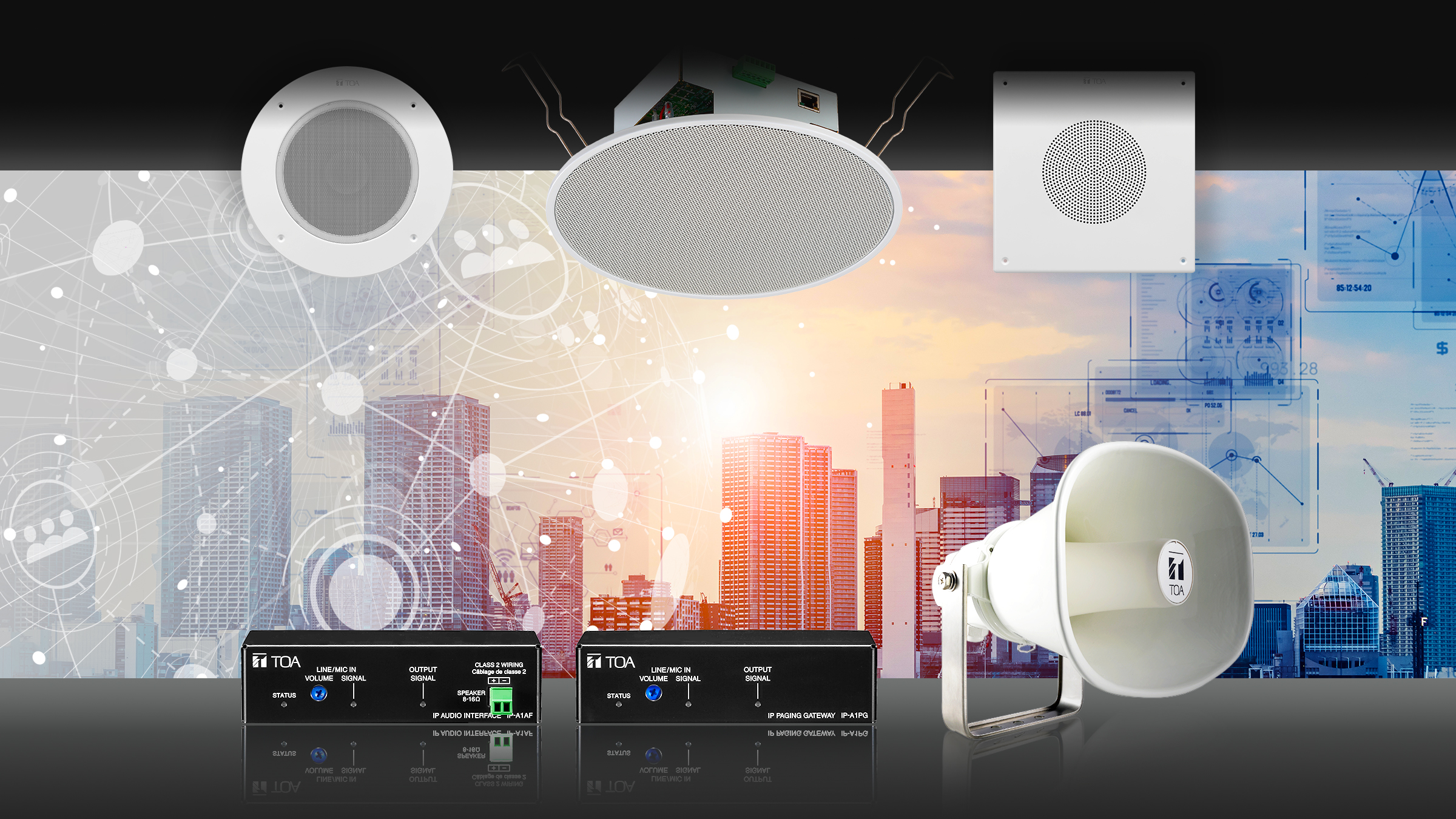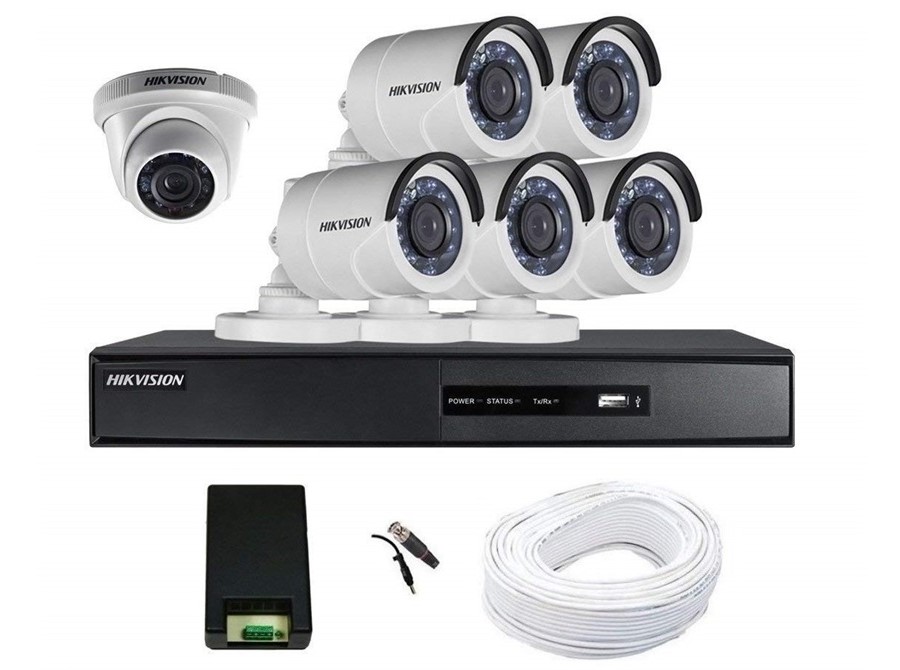Service : Paging System
A paging system allows for one-way communication to a large audience. Regardless of the broadcast source, a one-way paging system lets the speaker provide clear, amplified instructions throughout a facility. The paging employee speaks a message into a telephone and that message is then broadcast through a network of speakers. Messages can also be recorded and broadcast at a later time.
Some Benefits And Advantages Of Paging Systems
There are a number of advantages to using a one-way paging system versus other means of mass communication:
- Emails are often ignored or captured by spam blockers.
- Mass texts depend on a strong, local phone network.
- A paging system is hard-wired into the building's infrastructure, allowing reliable mass communication.
- A network of speakers ensure that a message is communicated to every area of a building simultaneously. It's also possible to send pages to specific building "zones" if needed.
- Another key benefit of a paging system is that no dedicated broadcast mechanism is required. An employee can simply pick up the phone, select the paging system and broadcast to the entire building.
Some Common Use Cases For Paging Systems
Paging systems can be used to send a variety of messages. The most common example of a paging system is rapid communication between employees in a retail setting. A department store cashier can request assistance from another department to answer a customer question. In a similar example, a large manufacturing facility can page an employee who has an incoming call, but is likely not near a specific phone.
One of the most important uses for paging is to warn employees of a fire or other emergency. In those scenarios, there is no more effective means of quickly communicating with your workforce.







